
Multiple perspectives are required to fully understand a concept. This seems to be the growing consensus with the schizophrenia spectrum disorders.

Multiple perspectives are required to fully understand a concept. This seems to be the growing consensus with the schizophrenia spectrum disorders.

We present the case of a patient for whom different attending providers had markedly different interpretations. As the case unfolds, we invite you to reflect on your diagnostic understanding of each presentation.

This member of the DSM-5 Work Group for Psychotic Disorders describes the 8 dimensions used to define the presentation of psychosis-the biggest and most clinically important of the changes in the schizophrenia and other psychotic disorders section.

Historically, there has been conflict between psychiatry and religion.
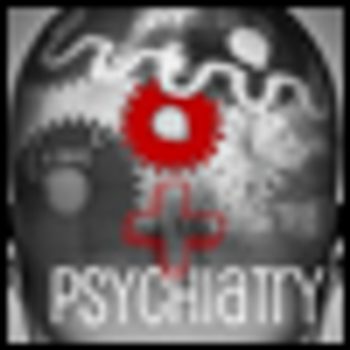
This week's news stories: intimate partner violence, gun control and mental illness, eating disorders, and more.

The Clinical Assessment Interview for Negative Symptoms (CAINS) is an effective tool in measuring negative symptoms in schizophrenia, according to a recent study.
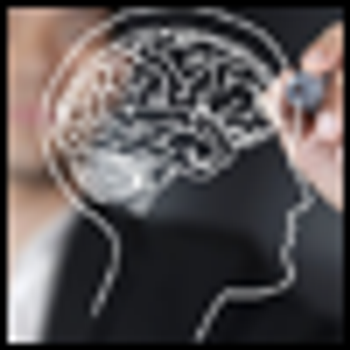
DSM-5 presents psychiatry with a potential “reset button” for diagnostic reliability.

The new annual suicide rate of 12.0 per 100,000 people translates into 100.8 suicides per day and 1 suicide every 14.3 minutes. Here, you will find tools and tips to help identify patients at risk.

In spite of a chronic mental illness (schizophrenia)and a psyche that increasingly blurred the boundaries between fantasy and reality, this lawyer and professor graduated from Vanderbilt with a perfect academic record.
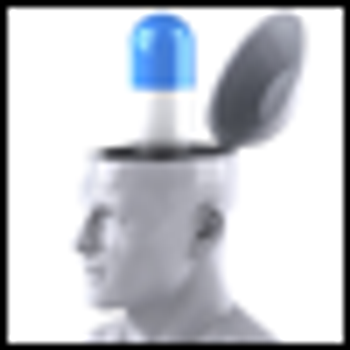
What effect has the new antipsychotic Latuda had in patients with psychosis? Is a mood stabilizer as an adjunctive therapy necessary for schizophrenia or is the use of an antipsychotic alone sufficient?

Adequate treatment of the underlying psychiatric illness consistently appears to be the most effective use of medication in suicidal patients.

Several studies have been undertaken to test the efficacy of drugs in the management of aggression and hostility in patients with schizophrenia and other mood disorders.

Are antidepressants active placebos or lifesavers? Are they overprescribed? Are clinical trials of these drugs insufficient?

A balanced review of the safety and efficacy of ECT is needed, which does not mean weighing anecdotal reports of memory loss equally with systematically collected clinical data.

In this short film directed by Caskey, Ben has to make a difficult choice: continue to live with hallucinations, or confront reality, by taking medications that will destroy his imaginary world.

In a decade-long study of antipsychotic prescribing for hospitalized children and adolescents, researchers found that antipsychotics were used in 44.3% of patients and were often prescribed for behavioral disorders, PTSD, and other anxiety disorders as well as psychotic disorders.
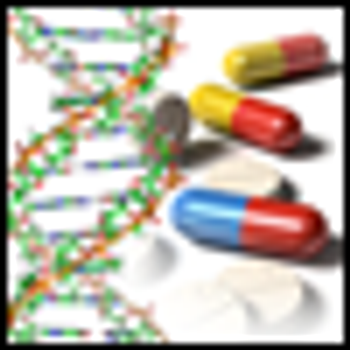
More than 1 in 4 inpatients with schizophrenia received add-on antidepressants as recorded at discharge, according to Megan Jo Ehret, Pharm D., BCPP, and assistant professor in the University of Connecticut’s School of Pharmacy.
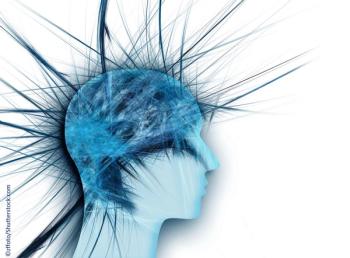
This article reviews methods to rehabilitate cognition in schizophrenia and suggests strategies for instituting a cognitive remediation program.

Major mood disorders have been associated with increased suicidal behavior. This is especially true in patients with a mixed, manic-depressive, or dysphoric-agitated state.

Our study suggests that most delusional patients, even those with high positive symptom scores, may have at least 1 RFD that precedes a clinical intervention specifically directed toward encouraging doubt. These preexisting “islands of doubt” may offer a useful foothold to begin the CBT process.

An Overview of Antipsychotic Use in Older Adults

I don’t believe in witches or ghosts or things that go bump in the night. I’ve always thought that the Salem witch trials were a result of mass hysteria (on the part of the persecutors) rather than a phenomenon of dark forces at work. And seeing Arthur Miller’s The Crucible a few years ago, only confirmed my suspicions. So I was gratified to see Dr Quintanilla’s poster at this year’s meeting of the American Psychiatric Association. As a physician and researcher, she factually explains the fallacy of witchcraft. Looking at historical documents dating back to the 15th century, Dr Quintanilla was able to match the symptoms of people condemned as witches with associated neurological and psychiatric disorders, such as epilepsy and hysteria. [Editor’s Note: Natalie Timoshin]

During my medical training in the early 1980s, I attended a Grand Rounds on health care reform. Sleep-deprived physicians-in-training are easily conditioned to snooze upright in their auditorium seats, and economics is not an interest of choice for me, but when the speaker told us that there would be no solution to rising health care costs except to fracture the bond between patient and doctor, I found myself engaging in nightmarish fantasies that in subsequent decades have come true.

Smoking cessation services should be integrated into substance use disorder treatment programs, according to David Kalman, MD, Department of Psychiatry, University of Massachusetts, and colleagues, in their recent review of tobacco dependency among patients who sought treatment for alcoholism.1

When the solution to a clinical or scientific puzzle eludes us for more than a century, as with schizophrenia, we need new methods to examine the pathology. If we want to make an impact on the disease we must shift research paradigms and focus on the early detection, early intervention, and new avenues of treatment that address different symptoms of schizophrenia.